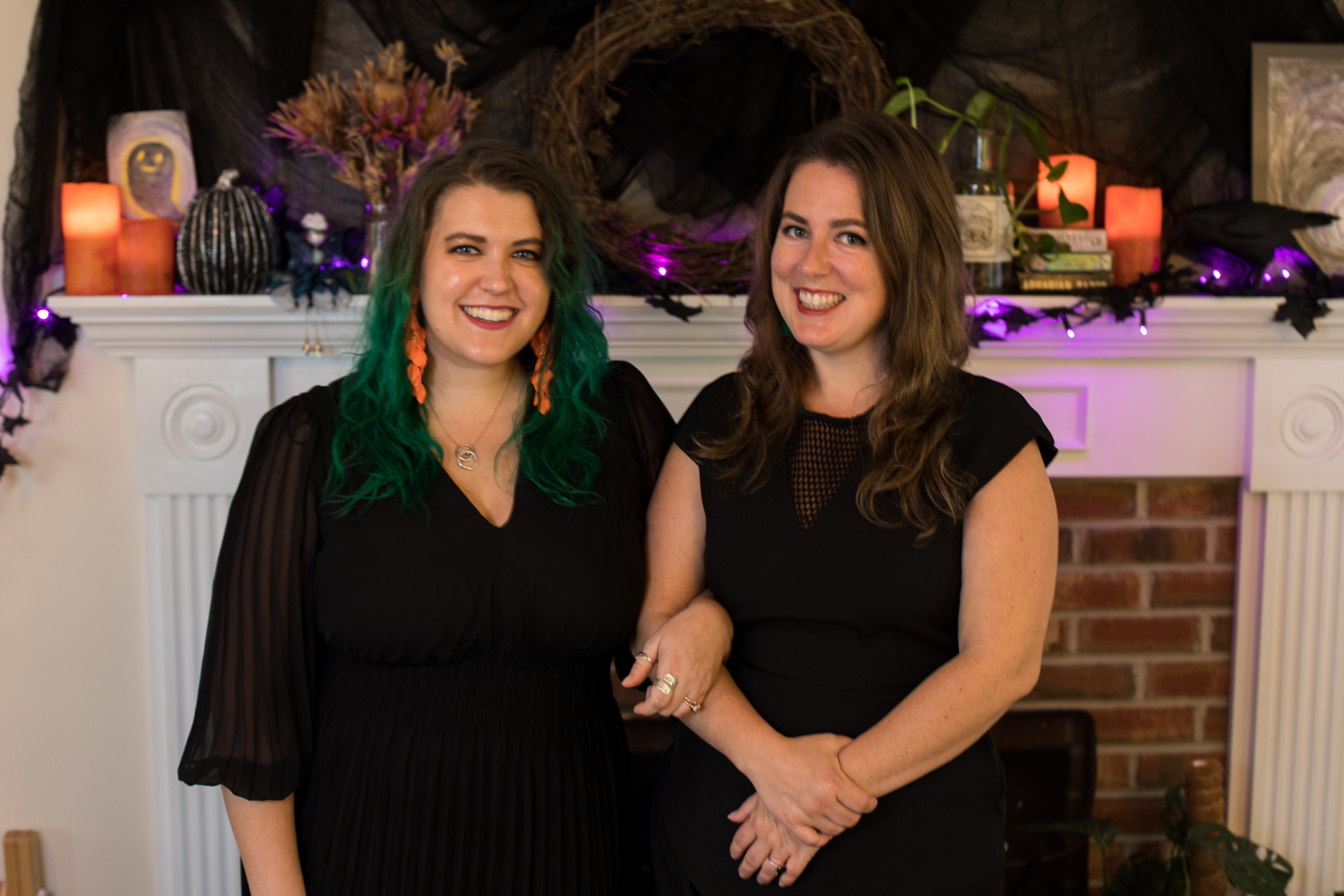The word ‘witch’ has long been used to classify folks who are different, other, or deemed as suspicious by society at large. Throughout history people have been condemned, killed, and tortured for being witches when they weren’t really witches at all.
In the 1400s witch trials spread fast and fierce through Europe leading to the deaths of thousands of people. A book was written at the time explaining how to identify a witch and it was the second bestselling book with the Bible being number one.
The people who were targeted, tormented, and often even killed for being witches were really nothing of the sort.
Witchcraft was used as a means to explain medical conditions, poor weather leading to bad harvests, and anything else that people didn’t have the science to explain fully. It was also used as a means to identify people (mostly women) who were not living within societal standards or norms.
It is a common misconception that people marked as witches during the European Witch Trials and even during the Salem Witch Trials were actually witches. By and large they were mostly women who would not have identified as witches and it’s even likely that most would have identified as Christians.
Not to be confused with the religious belief systems of Wicca or Paganism, the term witch isn’t associated with any one belief system and many modern witches may even be Christian.
Witchcraft was used as a means to explain medical conditions, poor weather leading to bad harvests, and anything else that people didn’t have the science to explain fully.
So, what does this mean for us in the modern day and the use of the word witch?
To claim the word witch and to fully embody that archetype is to actively choose to label yourself as something outside of average. It is to accept that some things can’t be explained in black and white text. To be a witch carries with it an heir of rebellion and a declaration to live in one’s greatest state of alignment and power.
Halloween and the month of October is an invitation to explore the taboo, enchantment, and all things witchery. Women dress in ways they wouldn’t normally dress, everyday people visit cemeteries they wouldn’t normally visit, and we all feel a little more empowered and excited. It’s a casting off of constraint and with arms wide open living in wild and unabashed possibility.
To be a witch carries with it an heir of rebellion and a declaration to live in one’s greatest state of alignment and power.
The person who claims the word witch either publicly or quietly to themselves is a person who wants to feel alive, empowered, and stand against the grain of what’s expected all twelve months of the year, not just one. Embracing the ‘w’ word doesn’t commit you to a belief system and it doesn’t mean any single specific thing about you.
It is a way of being.
Here are some ideas for bringing a little enchantment and witchery to your life each and every day of the year:
-
-
- Ask yourself what would feel a little rebellious and wild but is totally something that you want to do, then do it!
- Look at each moment as an invitation to create magic and imbue your mundane actions like drinking water, driving to work, or even folding the laundry with enchantment by repeating a spell or blessing, visualizing yourself feeling amazing, or just by practicing gratitude for those things
- What is the thing that’s always made you feel a little different and weird? Embrace that as your strength.
-
Here are some additional resources for exploring the word witch and using your innate power to create a magical life:
Check out the podcast on the Embodying the Witch Archetype here!
Watch the podcast on the Embodying the Witch Archetype of the Veil here!

Anna, (Left) and Sara of The Sisters Enchanted

Recent Comments